This article on Ki and Aikido is the first of a series written by Sensei Williams in 1990. In this article he describes the nature of Ki and its effects.
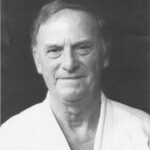
The Japanese word “Ki” is sometimes translated as meaning “Life Power” or “Vital Energy”. It is claimed to be a form of energy distinct from that related to pure physical size, or muscular strength. It is also claimed to be independent of the mechanical efficiency derived from acquired technical skills. Man has not yet made the advances required to qualify and quantify, in scientific terms, the nature of Ki when translated and described in this way. But this is not necessary for one to acquire the ability to use it effectively.
My belief in the existence of Ki stems from many personal experiences, some of which are described below.
Firstly, in the practice of Aikido, I have experienced the ability of some teachers, or students of Aikido, to emit what can only be described as a strong flow of energy. This can be felt with or without physical contact. The strength of this flow can be varied at will, depending on circumstances. In those case when physical contact is made, the touch is light and gentle, but the desired result is effectively and effortlessly achieved.
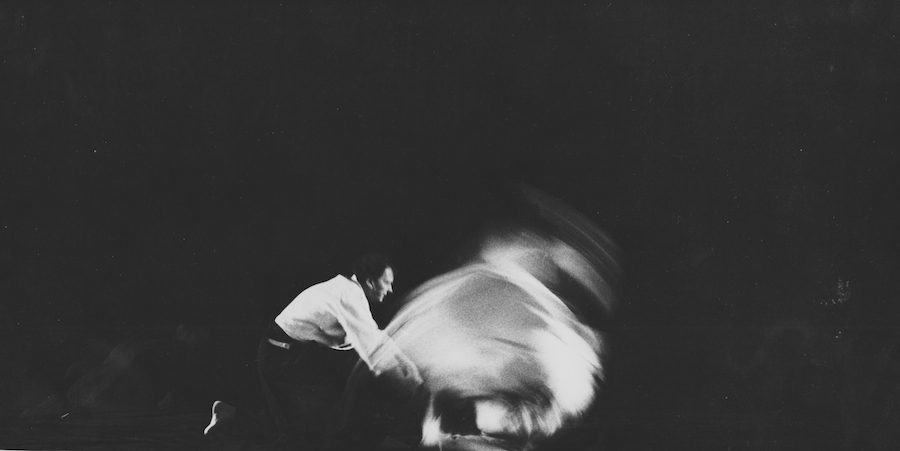
Secondly, one can, with the correct training, feel a flow of energy within the body; a feeling of well- being or elation. This is in line with the experiences of those who have mapped out the energy meridians, as used by various schools of therapy and transmitted by trained therapists with beneficial results. The flow of Ki, from someone not trained correctly on how to use it, is virtually undetectable.
Thirdly, anyone, regardless of age, sex and physical stature can be taught to develop a strong flow of Ki which can be manifested and readily felt by others.
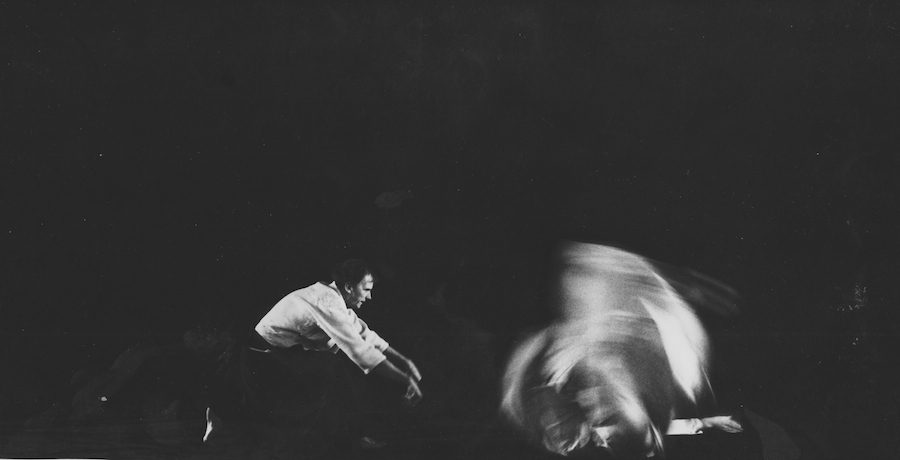
These reasons why I believe Ki exists will not remove the doubt in the minds of some people. They will not remove obvious misunderstandings about what it means to have strong Ki, and the Mind and Body states required for its development. Real sceptics probably have to experience a flow of Ki for themselves, but the misunderstandings can be cleared up and the remainder of this article attempts to do so.
Everyone has a flow of Ki, even if that flow is weak. When the flow through our body is weak, we are prone to contracting ailments, and when it stops we die. If we can liken our mind to a generator, we can either generate 6 volts or 6,000 volts by our attitude. Some people perform their daily tasks with enthusiasm and a positive will in an honest way. These types are the ones that extend a tremendous amount of Ki, while others who are negative and devious in their outlook, do not allow their Ki to flow strongly. However, each of us has the potential for vastly increasing our flow of Ki and there is no known limit to this development.
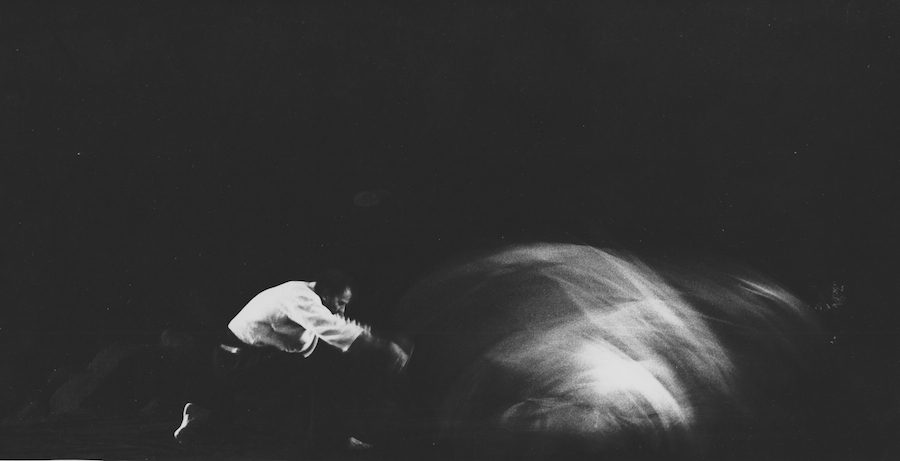
Training in the development of strong Ki is really training in how to use the supply of Ki by interchanging with the Universe. The more we use this supply the more it grows and the stronger its flow becomes. Ki is not stored in the body as some people may think, but is taken in, then flows out continuously.
For there to be any bodily movement or intention, there must be a specific flow of Ki and an exercise of will in the appropriate direction (even though Ki flows at all times and in all directions). The mind always initiates an action regardless of whether or not the body is required to move. If the co-ordination between mind and body is sound then the response in bodily functions, internal and external, will also be sound since strong Ki is allowed to flow. To obtain good co-ordination we must have a calm mind. That is, the mind must not be full of doubt and self-defeating worry. It must think positively with non-aggression.
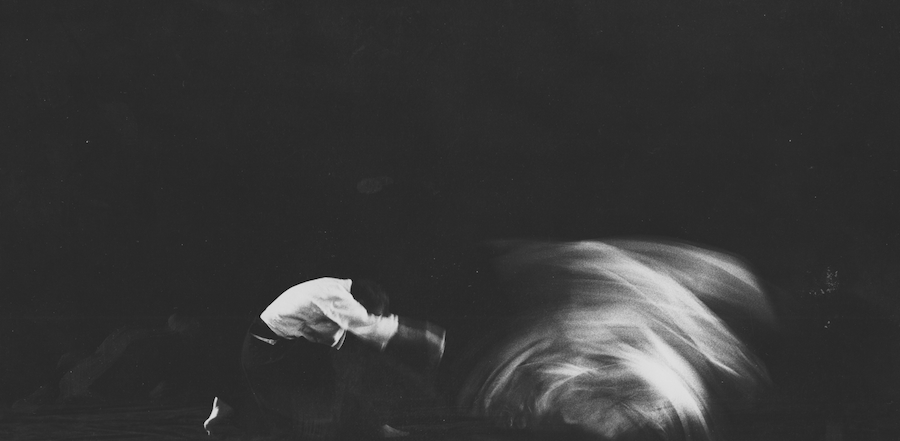
As the mind controls the body, and the body is the shadow of the mind, a calm mind controls a calm and stable body. The body responds by being relaxed and assumes a comfortable natural posture. This relaxation is not a limp state that we often think of as relaxation, but a powerful state. Even though the muscles still function if they are being called upon to do so, they are soft and operate with efficiency and power. If the muscles are allowed to tense, then the flow of Ki is impeded and bodily movement is impaired
When we lift something that weighs only a few ounces, our mind will initiate the action and our body will respond by performing the task in a confident relaxed fashion. However, when the weight is perceived to be above our lifting capability we sometimes tense our muscles because we doubt our ability to lift it. This fear, and the resulting muscular tension, only makes the task more difficult. Muscular tension, whether or not through self doubt, should always be avoided since it blocks the Ki in the same way that a dam blocks the flow of the river.
Sensei Williams
